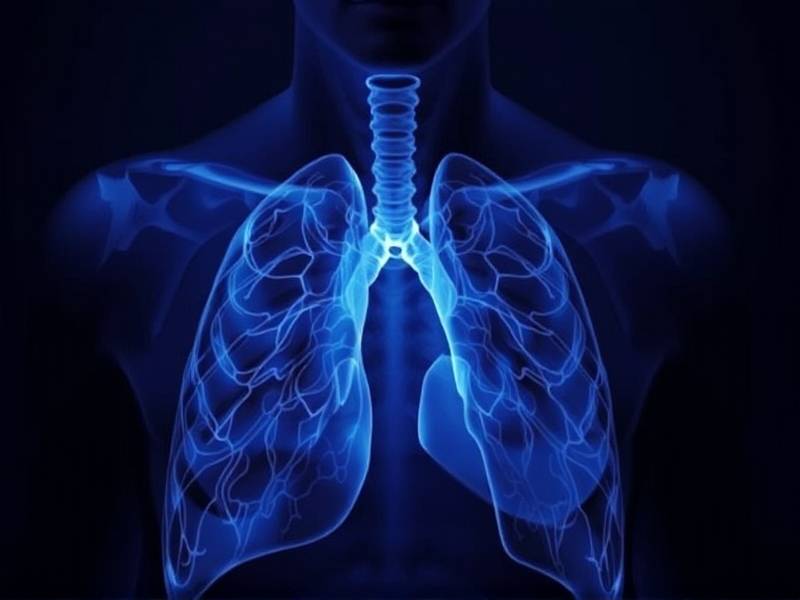How Long Will Shortness of Breath Last After Quitting Smoking?
Introduction: The Immediate Impact of Smoking Cessation
Quitting smoking is a significant step towards improving your health, but it's not without its challenges. One common concern among smokers who are considering quitting is the experience of shortness of breath. This article delves into how long you might expect to experience this symptom after giving up cigarettes.
Understanding Shortness of Breath After Quitting Smoking
What Causes Shortness of Breath?
Shortness of breath after quitting smoking is often due to the body's response to the reduction in toxins and improved lung function. When you smoke, your lungs become inflamed and filled with mucus, which can make it difficult to breathe. As you stop smoking, these conditions begin to reverse, leading to an increase in lung capacity and a decrease in inflammation.

How Long Does It Last?
The duration of shortness of breath can vary widely among individuals. Here are some general timelines:

Short-Term Effects: The First Few Weeks
- Immediate Relief: Within hours or days after quitting, many people notice an improvement in their breathing.
- Initial Discomfort: In the first few weeks, some individuals may still experience shortness of breath due to the body's healing process.
Medium-Term Effects: The First Few Months
- Continued Improvement: By the first three months post-cessation, most people will have noticed a significant improvement in their lung function and breathing.
- Potential for Full Recovery: While some may continue to experience mild shortness of breath for a few more months, many find that their breathing returns to normal within this time frame.
Long-Term Effects: Over Time
- Long-Term Benefits: Over time, as the lungs continue to heal and inflammation decreases, most individuals will see a complete resolution of shortness of breath.
- Health Monitoring: It's important for individuals with pre-existing respiratory conditions or those who have smoked heavily for extended periods to monitor their health closely and consult with a healthcare professional if concerns persist.
Tips for Managing Shortness of Breath
- Stay Hydrated: Drinking plenty of water helps thin mucus and makes it easier to breathe.
- Exercise Regularly: Gentle exercise can improve lung capacity over time.
- Avoid Irritants: Stay away from smoke-filled environments and pollutants that can exacerbate breathing difficulties.
Conclusion: Patience and Support Are Key
The journey towards better health after quitting smoking can be challenging, but understanding what to expect regarding shortness of breath can help ease some concerns. Remember that patience is key—your body will gradually heal as you move further away from the habit. Seek support from friends, family, or support groups if needed, and consult with a healthcare provider for personalized advice.
By taking these steps and focusing on your health goals, you'll be well on your way to enjoying the long-term benefits that come with a smoke-free life.
